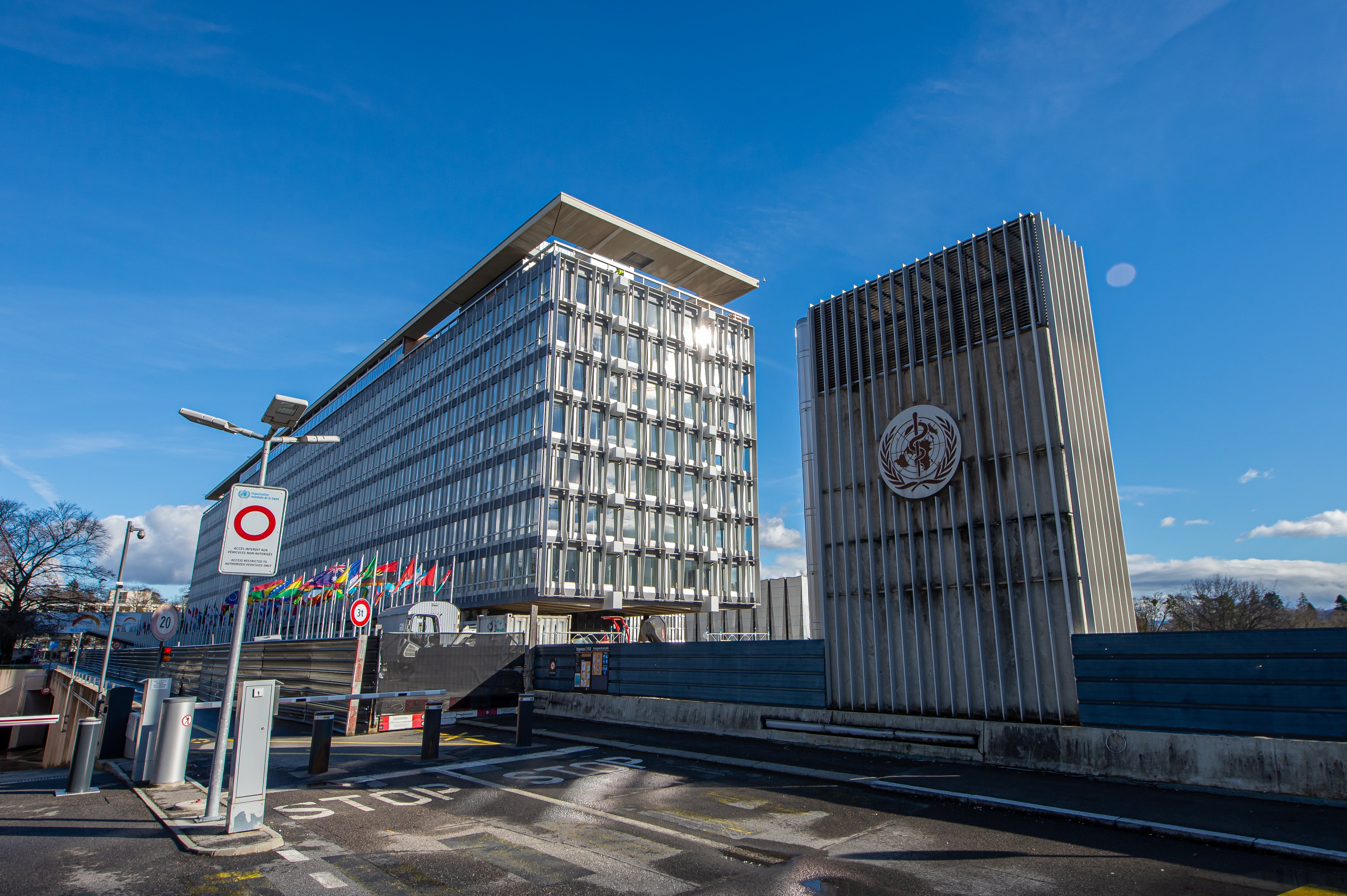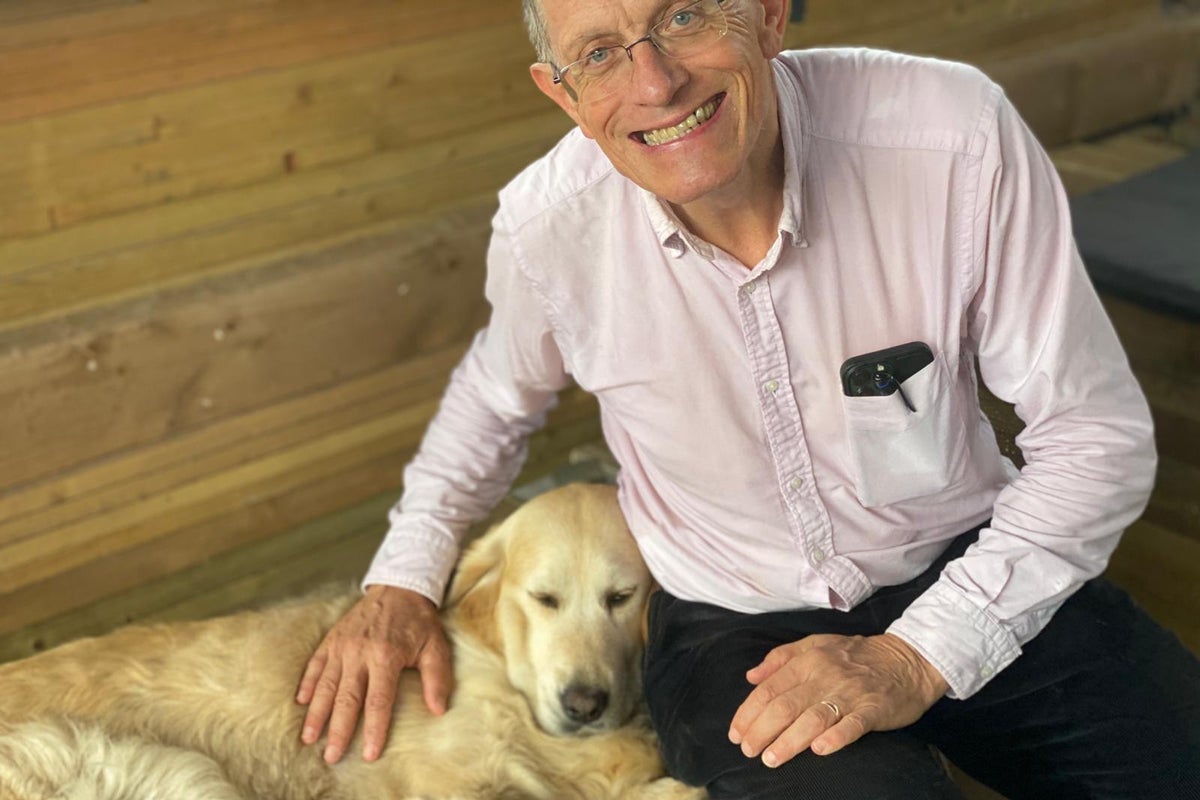ARTICLE AD BOX
An agreement on how to tackle future pandemics has been adopted by world leaders through the World Health Organisation (WHO), after years of painstaking negotiations.
The WHO Pandemic Agreement was passed with applause by delegates at the World Health Assembly (WHA) in Geneva. The US will not be part of the agreement, having withdrawn from the WHO after Donald Trump took office – but the deal has been celebrated as a “groundbreaking” treaty which for the first time sets out that medical developments funded by public money should be made equally available to everyone.
Drug companies need information and samples of germs submitted by countries around the world in order to develop products to fight global outbreaks of disease. The treaty says that in future, if companies want to access this data during a health emergency, they will have to donate at least 10 per cent of the products they make back to the WHO to be shared out globally.
The world’s response to the Covid-19 pandemic was dogged by inequality between rich and poorer countries when it came to access to jabs, medicines and tests.
For three years, government representatives have negotiated over the wording of a treaty aimed at avoiding a repeat of Covid, which saw three-quarters of people in the richest countries receiving a vaccine by the end 2021, compared with 8 per cent of people in the poorest countries.
This cost lives, and may have helped prolonged the pandemic by allowing new and more infectious strains to mutate.
Of the 135 countries that showed up, 124 voted for the resolution to pass while the rest abstained. The final negotiations concluded without the US present.
Governments have agreed that if public money or resources is spent on developing, for example, a vaccine, there should be conditions attached to make sure that vaccine is fairly distributed around the world.

One example of the injustices that played out during Covid was that people in developing countries, who took part in the clinical trials to help develop vaccines and medicines, then didn’t get a fair shot at benefiting from them afterwards. In this pandemic agreement, there is a provision aimed at correcting this by, “ensuring that clinical trial participants have access to the product after the trial finishes” said Rachael Crockett, a senior policy advocacy manager at the Drugs for Neglected Diseases Initiative (DNDi), “which you would think should be obvious, but it doesn't happen”.
There are two key principles in play: the first is that pandemics don’t respect borders and the second is that tackling pandemics needs to be handled globally, and as fairly as possible to ensure they can be tackled. Therefore, you need all countries to have access to resources to prevent spread, regardless of whether they can afford them.
In an attempt to address both of these, the pandemic agreement creates a mechanism called the Pathogen Access and Benefit-Sharing System (PABS). Countries are encouraged to share information about worrying viruses, bacteria or fungi they spot circulating in their populations, in exchange for being guaranteed products like vaccines and tests.
The Third World Network (TWN) representing developing countries argues if you are compelling a nation to share data on, and samples of, potentially deadly bugs to protect other countries, it is also fair for them to receive benefits in return.
Now, if pharmaceutical companies want to have access to this data, which is crucial to develop tests, drugs and vaccines, they will have to agree to donate a minimum of 10 per cent of the end product to the WHO to be shared with developing countries. Another 10 per cent will have to be “reserved at affordable prices”. However, the exact details of this need to be agreed in a separate negotiation.
The issue of donation and affordability proved a major sticking point as richer countries, especially those with bigger pharmaceutical and manufacturing industries – like Germany – pushed for any commitment to share vaccines and other medical products – as well as the know-how to produce them – to be voluntary.

That one word – voluntary - nearly toppled the original negotiations, which concluded last month with a draft that excluded the contentious but crucial section on exactly how vaccines must be shared.
This week it was presented at the World Health Assembly, the WHO’s annual policy-setting meeting for formal adoption.
The agreement also became the subject of conspiracy theories, with a “torrent of fake news” that it would allow the WHO to impose global lockdowns or seize power from national governments – which according to the WHO put the negotiations, “in danger of falling apart”. There are no such powers in the agreement.
Countries have also agreed to take steps to share technology, so that manufacturers in other countries can make generic versions of drugs and vaccines developed to tackle health emergencies. But, “the treaty does lack a firm commitment to transfer of technology, “ said Ellen ‘t Hoen, a lawyer and public health advocate. "That language is very weak and countries can get away with doing the absolute minimum or nothing at all”.
The pandemic agreement is a major step forward, said Crockett, but added it was a “massive product of compromise”
“I think a lot of this stuff has been watered down so the content is still there but it's not as strong an obligation,” she said, rather in many cases countries have agreed to work towards the goal of responding equitably to pandemics, but aren’t bound to do it.
There is work still to be done, with the details of that clause on sharing vaccines and other products needs to be negotiated. The International Federation of Pharmaceutical Manufacturers and Associations (IFPMA), which represents the global pharmaceutical industry, has argued that steps have already been taken to make vaccines, treatments and tests, “available and affordable” to “priority populations in lower-income countries” and warned against placing a “burden on [the] industry so high that it disincentivises future engagement”.
The agreement also still needs to be approved and signed by the participating countries. It won’t legally come into force until at least 60 countries have done so.
“We really do see um this is as a big opportunity,” Crockett said, “but it's got to be implemented”.
In a statement, the TWN said: "The adoption of the Pandemic Agreement is a milestone that follows three years of intense negotiations, deep divides, and difficult compromises,” adding that this should be viewed as an “initial” effort to address inequities and prepare for future pandemics.
"The real test lies ahead,” it said, in the next phase of negotiations which will put detail on exactly how developing countries can access resources.
“If these next steps fail, the world may once again face a pandemic armed only with a little more than empty promises, risking a repeat of the devastating failures seen during Covid-19”.



.jpg?width=1200&height=800&crop=1200:800)





 English (US) ·
English (US) ·